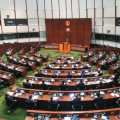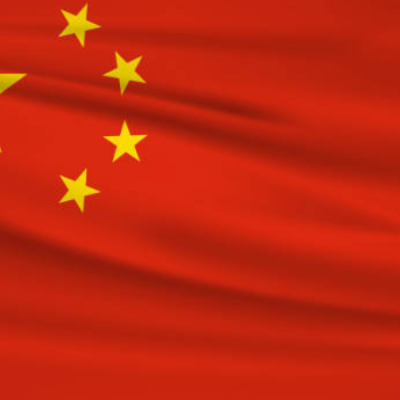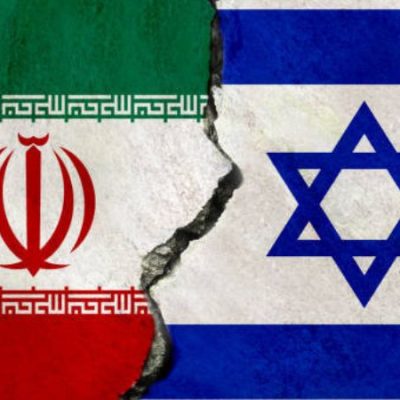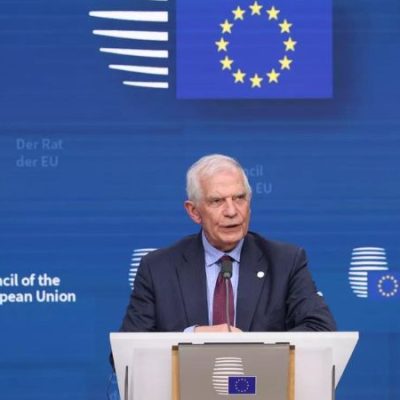China’s Diplomatic Moves: Navigating the Red Sea Crisis
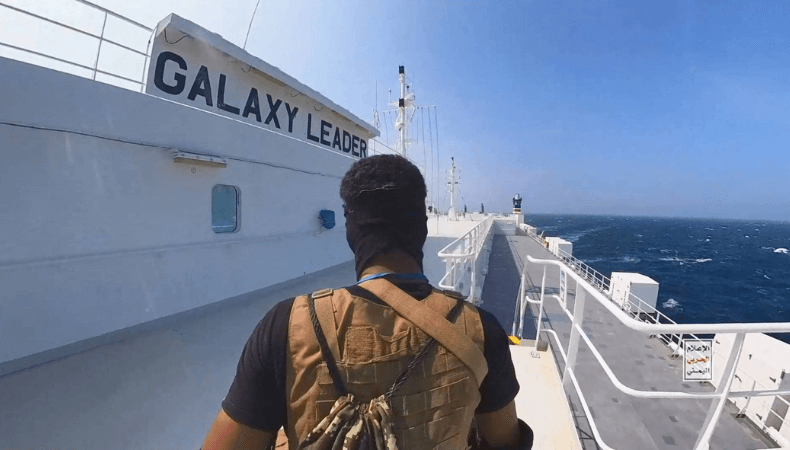
In recent diplomatic discussions, Chinese officials have urged Iranian counterparts to address the attacks on ships in the Red Sea orchestrated by the Iran-backed Houthis. This nuanced negotiation reveals the intricate balance between geopolitics and economic interests. As we delve into the details, a complex web of international relations comes to light, where China’s concern for its interests converges with the ongoing Red Sea crisis.
The Diplomatic Dance
Meetings between China and Iran in Beijing and Tehran have brought to the forefront the delicate dance of diplomacy. Chinese officials, expressing concerns over Houthi attacks impacting their interests, underline the intricate nature of international relations. The discussions, shrouded in secrecy, hold significance as they navigate the fine line between national interests and global stability.
China’s Warning
Sources suggest that China has issued a veiled warning to Iran, emphasizing that any harm to Chinese interests due to Houthi attacks could strain their economic ties. The implicit message is clear: restraint from the Houthis is essential to maintain the status quo in Sino-Iranian business relations. This move highlights China’s strategic approach, aligning diplomatic concerns with economic imperatives.
Lopsided Trade Relations
China stands as Iran’s largest trading partner, a relationship predominantly fueled by Chinese oil refineries, which purchased over 90% of Iran’s crude exports last year. However, the trade scales tip unevenly, with Iranian oil contributing only 10% to China’s crude imports. This trade asymmetry underscores the vulnerability of Iran’s economic dependence on China, providing Beijing with a considerable leverage in diplomatic negotiations.
Keep Reading
China’s Stance on Red Sea Stability
While China refrains from specific threats regarding the impact on its trading relationship, the concern for stability in the Red Sea is apparent. Disruptions caused by Houthi attacks have escalated shipping costs and insurance premiums, affecting a vital trade route between Asia and Europe. As the world’s largest trading nation, China is disproportionately affected, prompting diplomatic efforts to restore stability in the Red Sea.
Despite China’s economic clout, Tehran’s decisions are influenced by a complex geopolitical chessboard. With proxies in various regions, including Gaza, Lebanon, Syria, and Iraq, Iran’s regional alliances play a pivotal role in shaping its response to diplomatic pressures. The intricate interplay of alliances and priorities adds layers to the decision-making process, creating a nuanced diplomatic landscape.
U.S. Involvement and China’s Leverage
U.S. involvement adds another dimension to the situation, with Washington urging China to leverage its influence on Iran to rein in the Houthis. While China acknowledges its role in promoting regional security, it remains cautious about directly blaming the Houthis. The delicate balance between safeguarding shipping routes and avoiding direct confrontations reflects China’s strategic calculations in the face of global geopolitical challenges.
The Silence of Tehran
Amidst these diplomatic maneuvers, Tehran’s response remains elusive. The stakes are high for Iran, heavily reliant on Chinese investments to sustain its oil sector and economic stability. While China’s influence is evident, Tehran’s decisions are not unilaterally dictated by economic considerations, introducing an element of unpredictability into the diplomatic equation.
The Future of Sino-Iranian Relations
As the Red Sea crisis unfolds, the trajectory of Sino-Iranian relations hangs in the balance. The delicate dance between economic dependence and geopolitical priorities underscores the complexities of modern diplomacy. Whether China’s warnings will shape the Houthis’ actions and how Iran navigates the intricate web of alliances will define the future landscape of this diplomatic saga.

